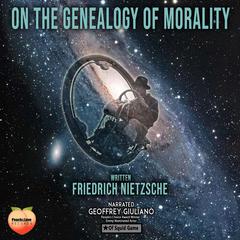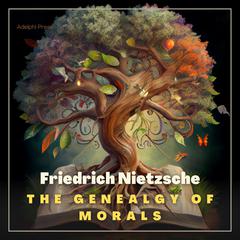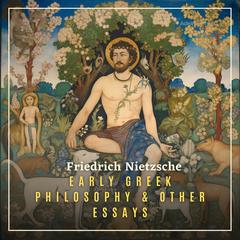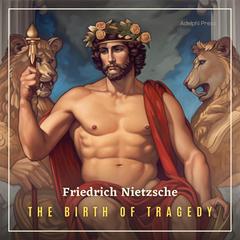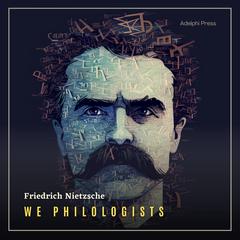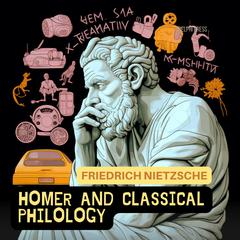 Play Audiobook Sample
Play Audiobook Sample
Menschliches, Allzumenschliches Audiobook
 Play Audiobook Sample
Play Audiobook Sample
Quick Stats About this Audiobook
Total Audiobook Chapters:
Longest Chapter Length:
Shortest Chapter Length:
Average Chapter Length:
Audiobooks by this Author:
Publisher Description
In Friedrich Nietzsche's timeless masterpiece, "Human, All Too Human," the complex tapestry of human existence is woven with exquisite insight and philosophical brilliance. With intellectual prowess and a razor-sharp pen, Nietzsche delves deep into the essence of humanity, dissecting our motives, desires, and the intricate workings of our minds. In this profound exploration, Nietzsche strips away the comforting illusions that cloak our lives, revealing the raw reality that lies beneath. He challenges conventional wisdom, dismantling prevailing notions of morality, religion, and society with audacious audacity. With each thought-provoking aphorism, he exposes the fragility and contradictions of our human nature, daring us to question our own beliefs and assumptions. "Human, All Too Human" serves as a guiding light for those seeking a genuine understanding of the human condition. Nietzsche's relentless pursuit of truth and unflinching scrutiny of human behavior unveils the intricate complexities that define us as individuals and as a collective. Through his keen observations, he uncovers the paradoxes of our existence, urging us to embrace our flaws and find liberation in our imperfections. This compelling work transcends time and speaks to the very core of our humanity. Nietzsche's unyielding honesty and profound reflections illuminate the path towards self-discovery and personal growth. "Human, All Too Human" is an intellectual tour de force that challenges and inspires, inviting readers to embark on a transformative journey of self-awareness and enlightenment.
Download and start listening now!
Menschliches, Allzumenschliches Listener Reviews
Be the first to write a review about this audiobook!
About Friedrich Nietzsche
Friedrich Nietzsche (1844–1900) was a nineteenth-century German-born philosopher and classical philologist. He wrote critical texts on religion, morality, contemporary culture, philosophy, and science, using a distinctive German language style. In 1889 he exhibited symptoms of insanity and lived his remaining years in the care of his mother and sister. His ideas exercised a major influence on several prominent European philosophers, including Martin Heidegger, Albert Camus, and Jean-Paul Sartre.














